On February 9, 2026, we demonstrated our Grape Berry Thinning Robot, Smart Glass (Grape Berry Number Prediction + Thinning), and Grape Grading Station to the Deputy Vice-Chancellor from Universiti Malaysia Perlis (UniMAP).
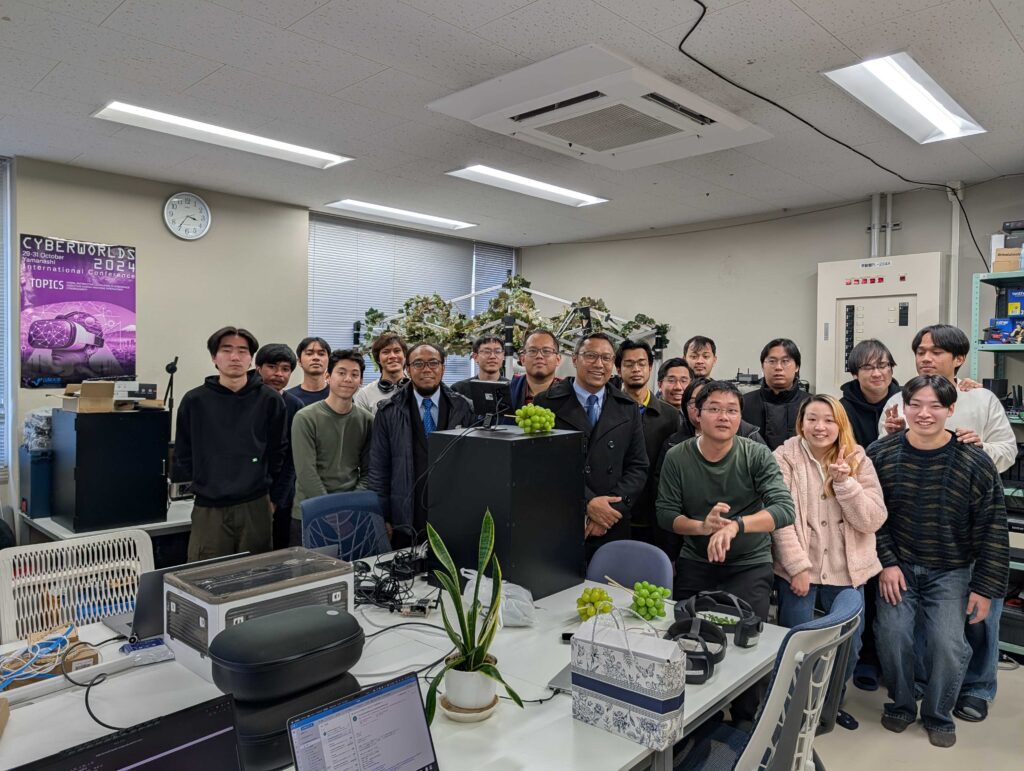
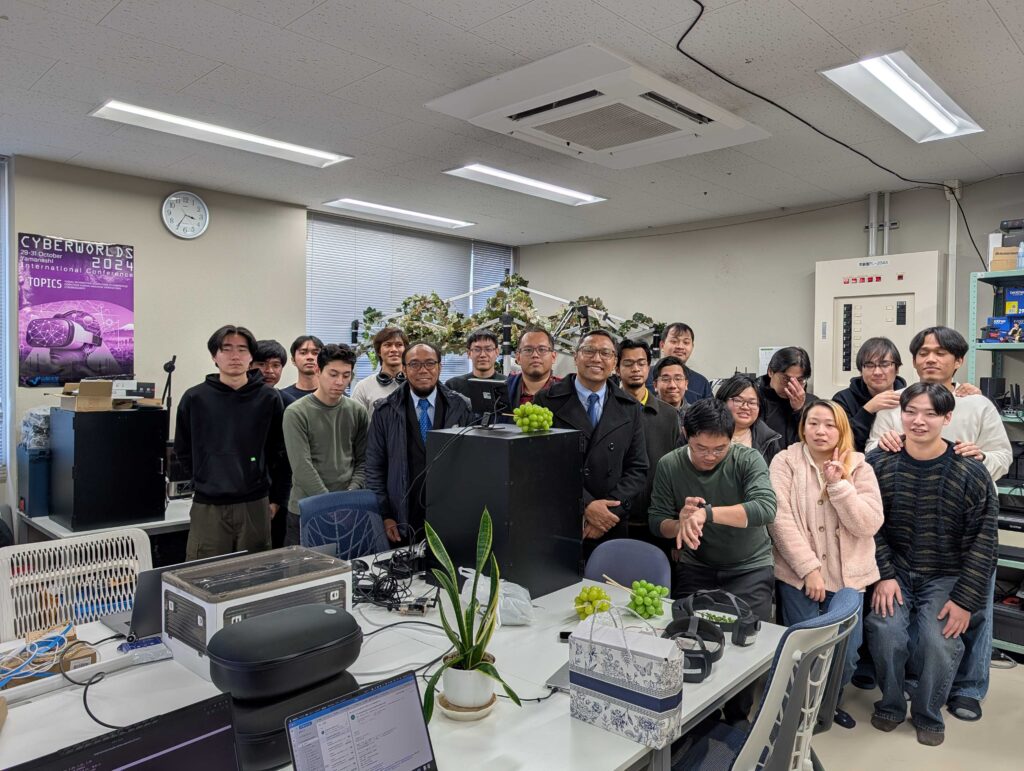
Mao & Zhu & Buayai Laboratory, University of Yamanashi
On February 9, 2026, we demonstrated our Grape Berry Thinning Robot, Smart Glass (Grape Berry Number Prediction + Thinning), and Grape Grading Station to the Deputy Vice-Chancellor from Universiti Malaysia Perlis (UniMAP).



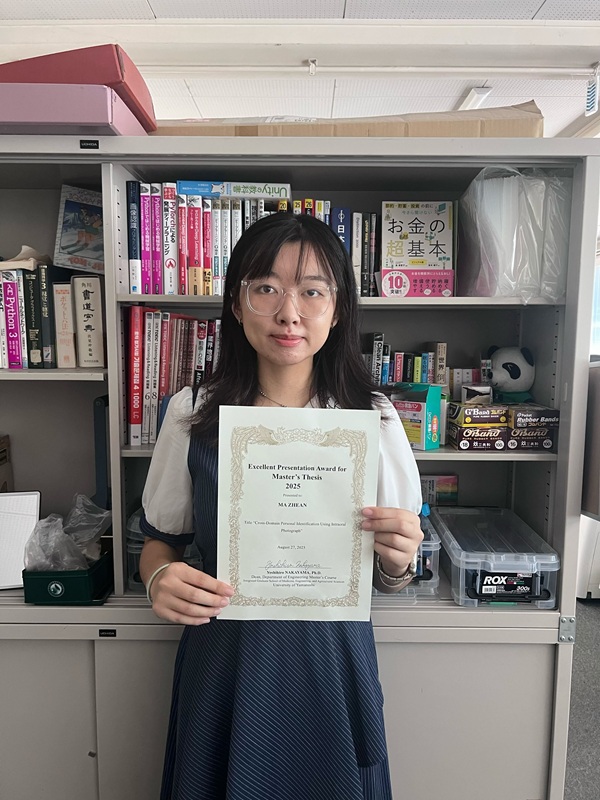
MA ZHEAN
(Excellent Presentation Award for Master’s Thesis)
Hangzhou Dianzi University・6th Dual Degrees’ Closing Ceremony
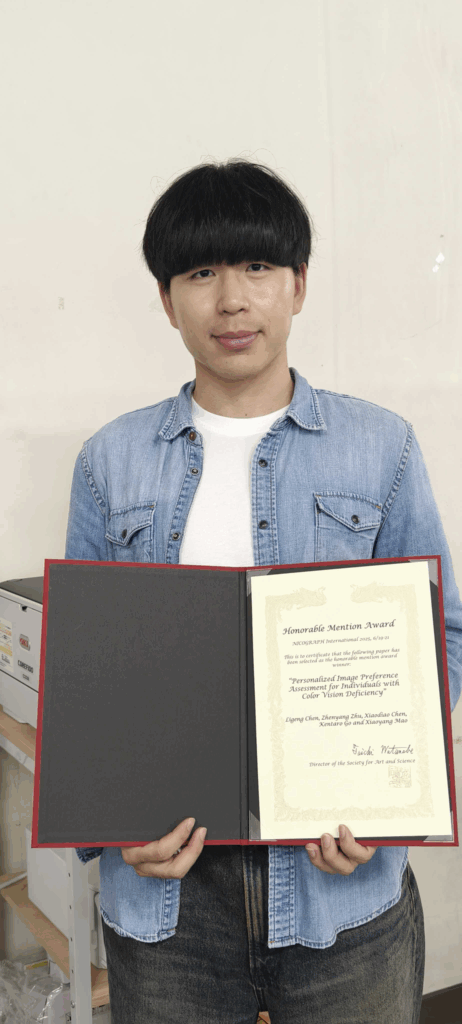
Hello,
Welcome to download our Tsubura app! Please use the following links and QR codes:
https://forms.gle/xv9F7yxb6qMtzY2n9

Thank you for your interest in our app.
(2025年5月22日)
(2025年5月2日)
(March 7th, 2025)
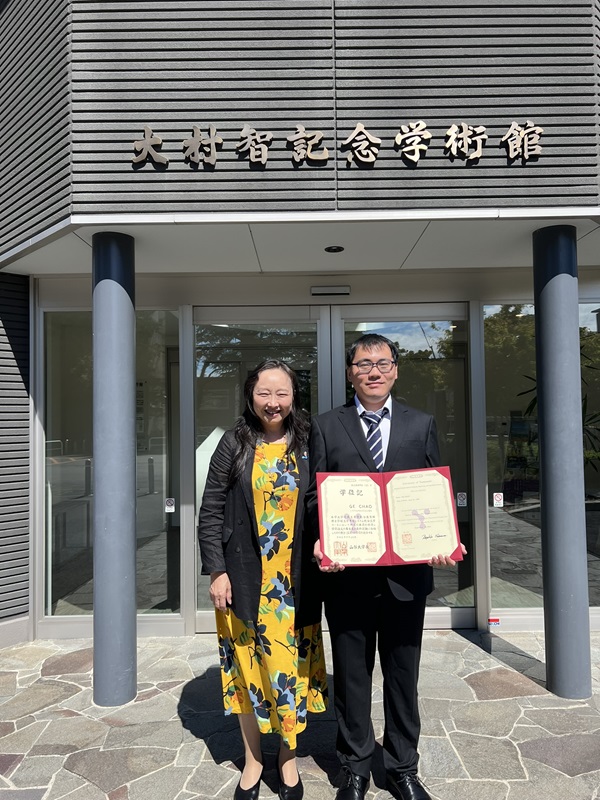
Left: Professor Mao, Right: GE CHAO (PhD)
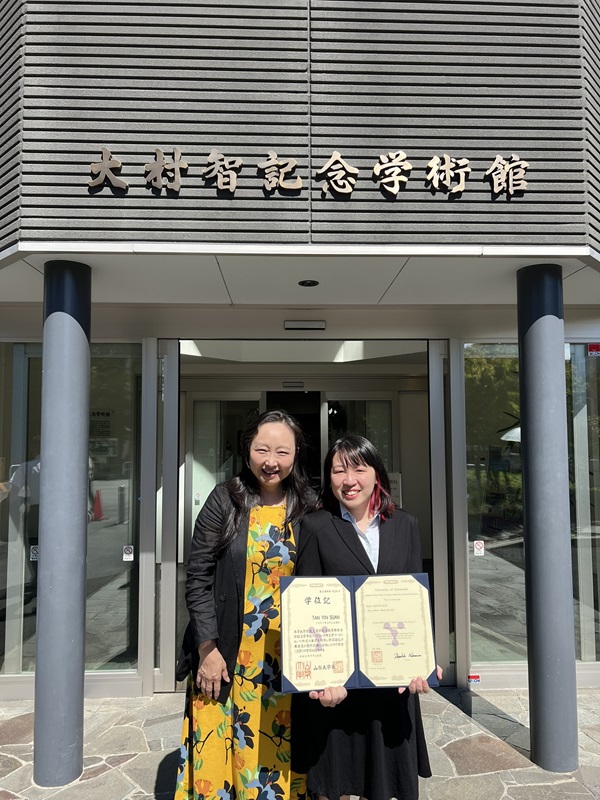
Left: Professor Mao, Right: TAN YIN SUAN (Master)
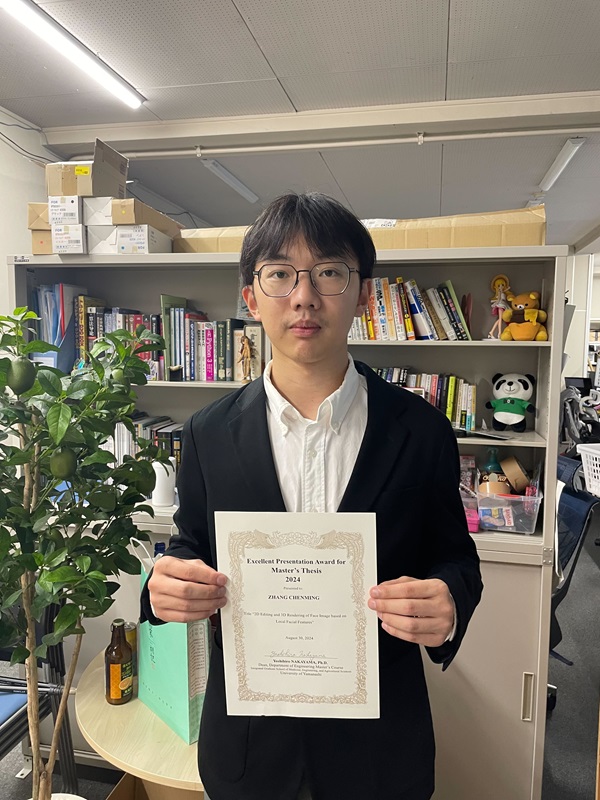
ZHANG CHENMING
(Excellent Presentation Award for Master’s Thesis)
(June 2nd, 2024)